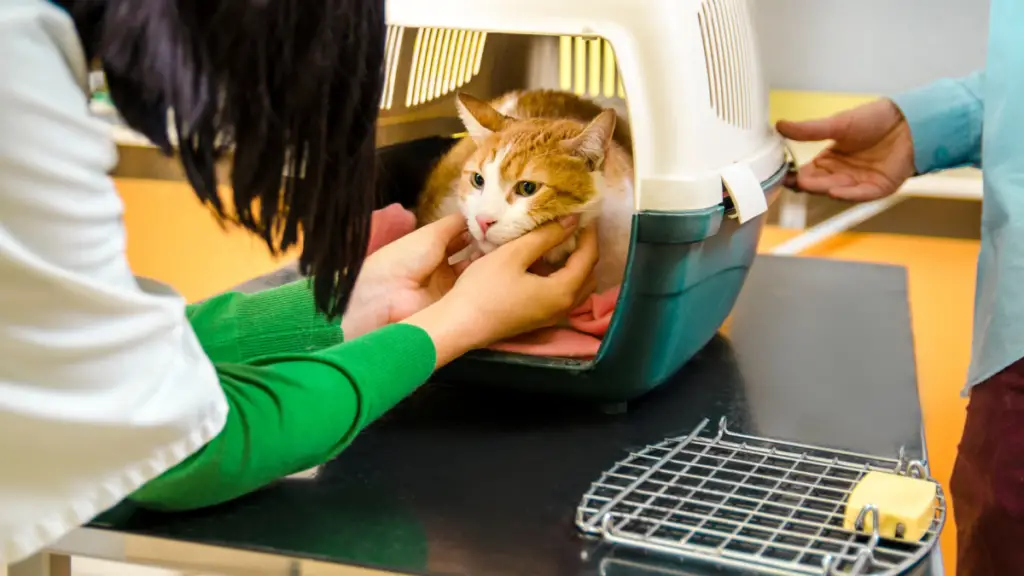Bird flu has been around for a long time, but a large outbreak of H5N1 in the United States that has been ongoing since March 2024 is raising concerns about further spread that will affect more than just birds. Also at risk: indoor cats, which are very susceptible to the virus and are likely to suffer serious illnesses if infected. Several animal deaths have already been reported throughout Oregon and California.
If you have a domestic cat – or have feral or barn cats nearby – you should be aware of the symptoms of avian flu in cats and take preventive measures to protect your animals from infection.
What are the signs of bird flu in cats?
Symptoms of bird flu infection Cats may experience lethargy, fever, and loss of appetite, as well as changes in mood and behavior (e.g., unusual hiding or excessive sleeping). Some cats also experience redness in the eyes and/or discharge from the eyes and nose, and may experience respiratory symptoms (difficulty breathing, sneezing, and coughing) or neurological symptoms (seizures or tremors).
If your cat shows any of these signs, keep him away from other cats and people with weakened immune systems and call your veterinarian immediately.
How to protect your cat from bird flu
There are some preventative measures you can take to minimize the risk of your cat contracting bird flu:
-
Do not feed them raw meat or unpasteurized dairy products, including raw milk. (Cooking and pasteurization kill viruses and germs that are dangerous to animals.) Check the ingredients in your cat’s food to make sure it doesn’t contain raw meat or dairy products. Northwest Naturals has already recalled frozen pet food with raw turkey – the affected lots were sold in 12 states and British Columbia, Canada.
-
You should also keep your cat away from livestock, poultry and wild birds, all of which can transmit the virus. Keep them indoors or at least prevent them from running unattended outdoors, where they are likely to encounter and prey on birds.
-
Finally, you should wash your hands after touching poultry and other animals, including your cat. Do not interact with sick or dead birds without adequate protection.





